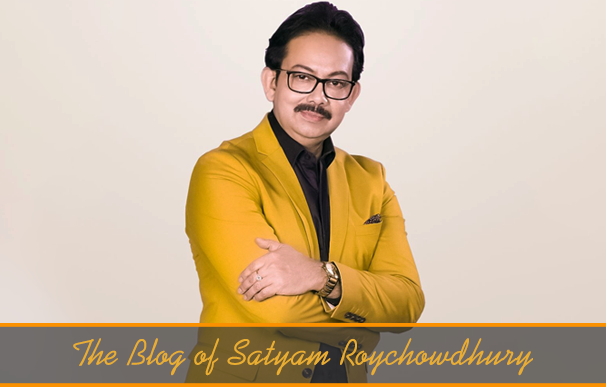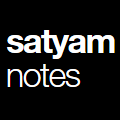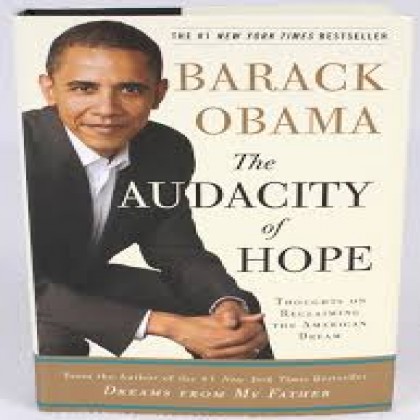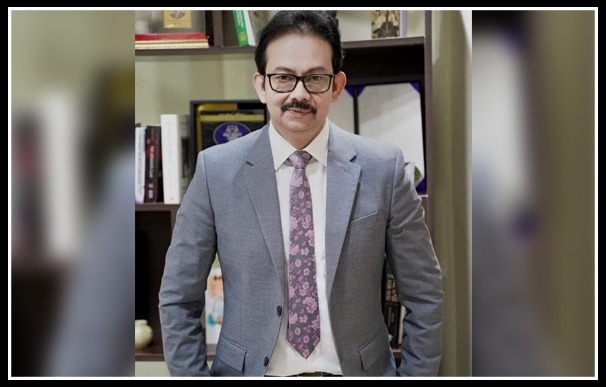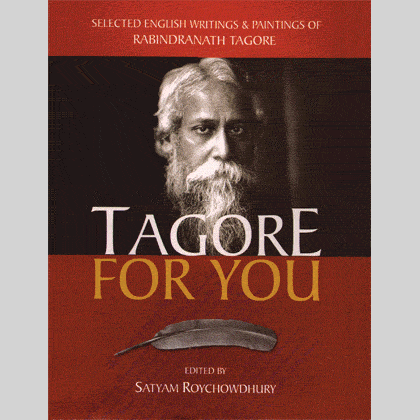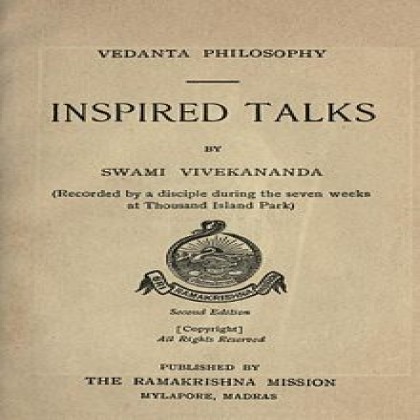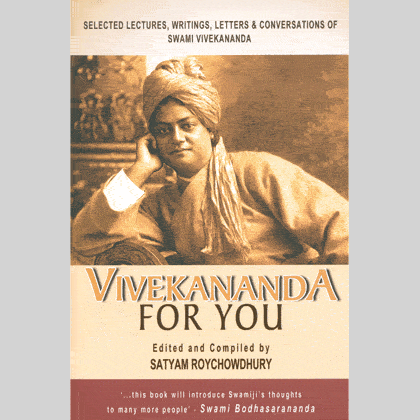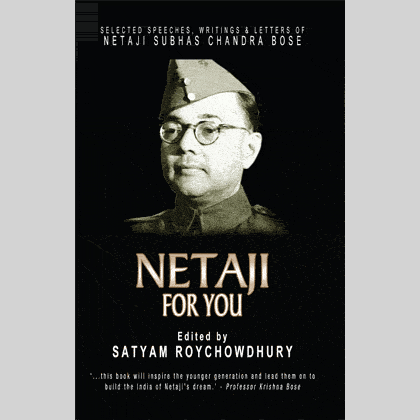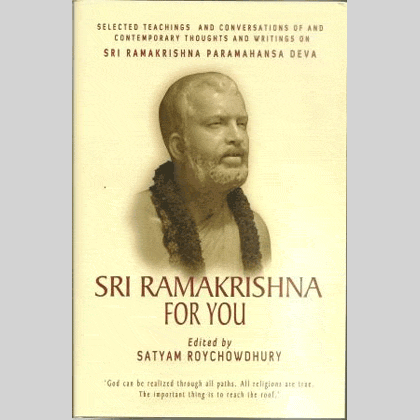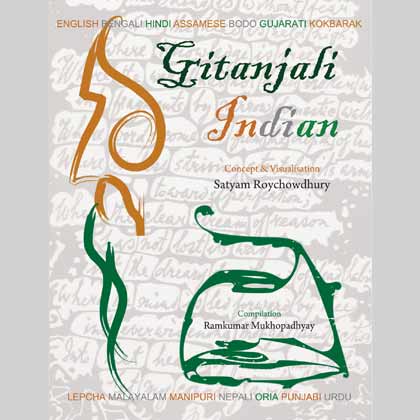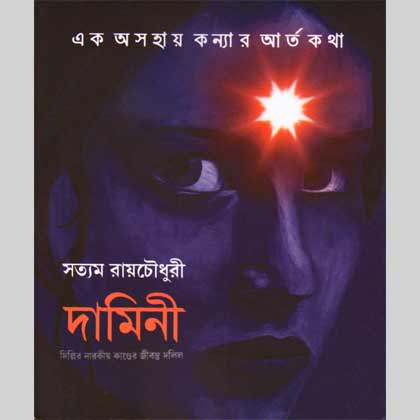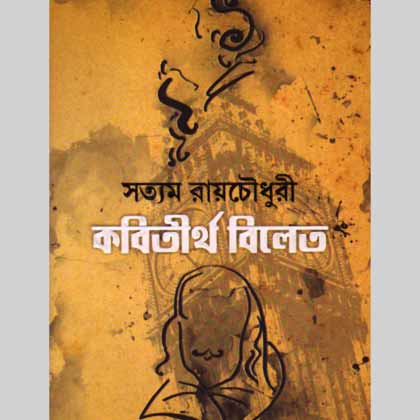The Audacity of Hope
I am glad that I chanced upon Barack Obama’s award-winning book The Audacity of Hope – Thoughts on Reclaiming the American Dream at one of my favourite stores in the city last month, which I have been thinking to read for quite some time. It is Obama’s second, and has won the Grammy Award for Best Spoken Word Album and the NAACP Image Award for Outstanding Literary Work in the non-fiction category. The Audacity of Hope is an incredible and inspiring story narrated by Barack Obama, who I found to be a spectacular writer. The book talks in small parts about his background, family upbringing, and the stories of his life to explain his view on American values, family, government, war and foreign policy.
In his own words about what he hears from potential constituents – "This book grows directly out of those conversations on the campaign trail. Not only did my encounters with voters confirm the fundamental decency of the American people, they also reminded me that at the core of the American experience are a set of ideals that continue to stir our collective conscience; a common set of values that bind us together despite our differences; a running thread of hope that makes our improbably experiment in democracy work.”
In some parts of the book Obama talks about his mother, a white American, and his father a Kenyan, and his experience of growing up in a number of far-flung locales including the American Midwest, Hawaii, and Indonesia. He talks about how staying in various places afforded him a unique vantage point in the continued discussion of race in the United States. He is convinced that although great progress has been made in the achievement of racial equality and the eradication of institutionalized discrimination, the daily experiences of people of colour are still highly influenced by more subtle forms of prejudice.
I have always had immense admiration for this man, and his journey of becoming the President of the world superpower. After law school, Obama moved to Chicago to begin working as a community organizer in the city’s poor African American neighbourhoods, while also teaching constitutional law at the University of Chicago. Over the course of several years, Obama experienced both successes and failures in local and state politics. He reports that his motivation in entering politics was to cut through decades of polarizing partisanship and develop a moderate, effective approach. Obama notes that this same impulse prompted him to write the book.
My personal favourite is Chapter 8: The World Beyond our Borders, where he frames his discussion of international diplomacy, defence strategy, and world affairs with an account of his own experience living abroad in Indonesia, where he resided with his mother and Indonesian stepfather for long stretches of his childhood. He contends that many Americans are unjustifiably cut off from international affairs, having been lulled into a sense of complacency and isolationism by decades in which only the slow-moving brinksmanship of the superpowers engaged in the Cold War was regarded as highly significant.
Some paragraphs are eloquent and moving; as a reader, one tends to think of the man as a writer beyond his political career. Honest, frank and introspective, The Audacity of Hope is an intriguing read.
